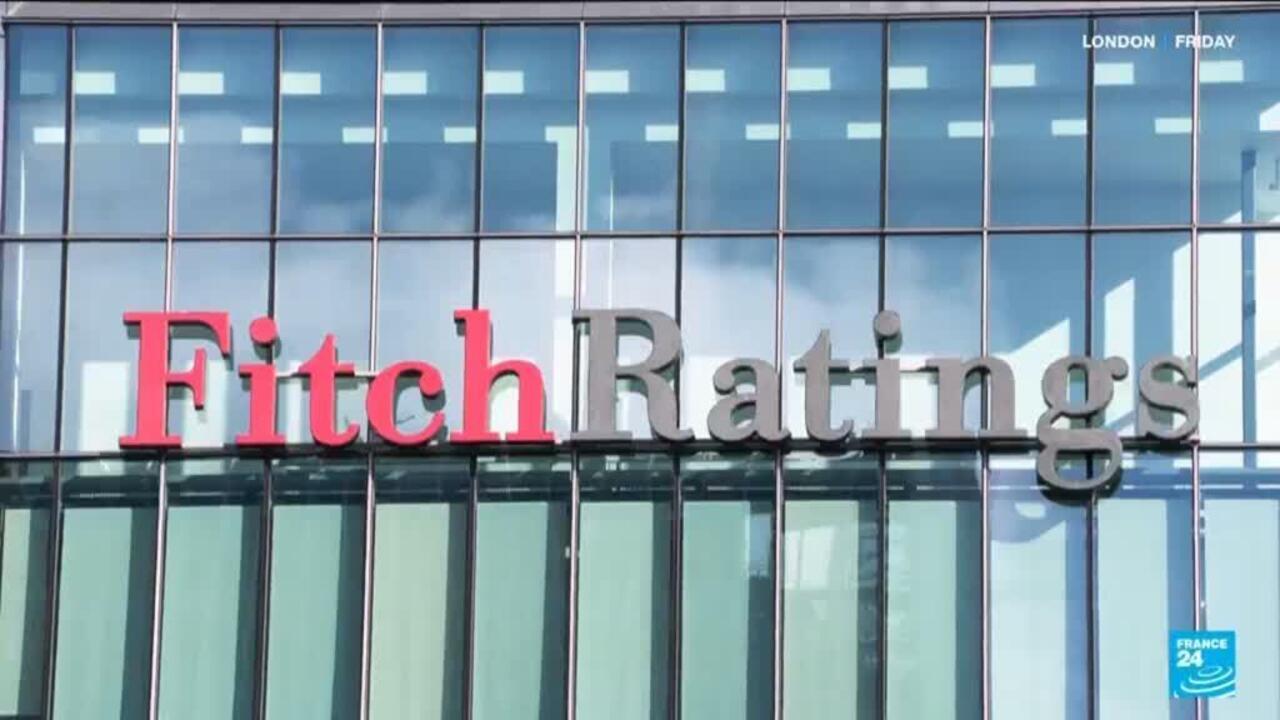Fourteen months and three prime ministers into France’s seemingly intractable political crisis, the key to breaking the deadlock could well rest on a proposed wealth tax named after economist Gabriel Zucman, dubbed the “Zorro of taxation” by French weekly Le Nouvel Obs.
Since Tuesday’s appointment of Prime Minister Sébastien Lecornu, Macron’s third PM since he called an ill-timed snap election last year, the so-called “Zucman tax” has been on everyone’s lips, touted as a red line by supporters and opponents alike.
The moderate left has vowed to shoot down Lecornu’s government if it fails to back a Zucman tax. But the incoming premier also needs the support of mainstream conservatives, for whom taxing the rich is taboo.
Any new levy would also be a bitter pill to swallow for Macron, whose decision to scrap a previous wealth tax at the start of his first term earned him the enduring label of “president of the rich”.
A Macron stalwart from the start, Lecornu became the latest prime minister to promise a “break” with the past as he took office on Tuesday. But can he break with eight years of pro-business, billionaire-friendly policies?
‘Regressive’ taxation
Zucman’s proposal involves levying a minimum 2% tax on individuals with assets exceeding 100 million euros. It would apply to roughly 1,800 households in France and, according to the economist, generate up to 20 billion euros per year – almost half the savings planned in the austerity budget that brought down François Bayrou’s government earlier this week.
Other economists have disputed Zucman’s figures, arguing that the tax’s annual yield would be closer to 5 billion euros. Either way, the proposal is attracting plenty of interest amid mounting evidence that France’s taxation system is not nearly as progressive as was commonly assumed.
As Zucman argued in an interview with Le Monde on Thursday, “one cannot expect the French to accept belt-tightening measures so long as billionaires pay so little tax.”
Economists on both sides of the Atlantic have found that the richest households pay proportionally less tax on their income than the rest of the population. Demonstrating the “regressive” nature of France’s tax system, a 2023 study by the Paris-based Public Policy Institute (IPP) found that the 75 richest households in France were taxed at roughly half the rate of the next bracket.
The result is an ever-widening wealth gap. While the combined wealth of the 500 richest individuals in France amounted to 6% of GDP in 1996, the share has now jumped to 42%, according to business weekly Challenges. This in turn is undermining social cohesion, fuelling the type of anti-government protests that have roiled France through much of Macron’s two terms in office.
Read more‘Our voices just aren’t heard’: ‘Block Everything’ protesters meet heavy police response in Paris
Nobel backing
While the French president has remained steadfastly opposed to the introduction of a new wealth tax, Zucman’s proposals have won the enthusiastic backing of Brazil’s President Luis Inacio Lula Da Silva, whose government pushed for a global minimum tax on billionaires equivalent to 2 percent of their net wealth during its presidency of the G20 last year.
Other countries including Spain, South Africa and Chile have since pledged to work with Brazil in implementing such a levy.
To display this content from , you must enable advertisement tracking and audience measurement.
The Zucman tax has also been endorsed by seven former Nobel Prize-winning economists, who urged the French government in a July op-ed to implement a minimum tax on the assets of billionaires “at a time of ballooning deficits and soaring extreme wealth”.
Such a tax would be effective “because it targets all forms of tax avoidance, regardless of their nature,” wrote the signatories, including Paul Krugman, Joseph Stiglitz and Esther Duflot. “It would also be targeted – affecting mainly the wealthiest taxpayers who engage in aggressive tax optimisation.”
While Macron has argued that a Zucman tax "would only make sense if it is global", the Nobel laureates urged individual governments not to wait for the finalisation of an international accord. “On the contrary, countries should lead by example, just as France did in the past,” they wrote, citing the introduction of VAT in 1954, which was soon copied around the world.
‘Old obsessions of the left’
Weeks before publication of the op-ed, France’s right-wing Senate shot down a first attempt at implementing the Zucman tax, months after the bill had cleared a first hurdle in the National Assembly despite opposition from both conservatives and Macron’s ruling party.
The Senate’s right-wing leader Gérard Larcher on Thursday reiterated his opposition to the tax, describing it as an “illusion”. His party leader Bruno Retailleau, the outgoing interior minister, said he would not support “old obsessions of the left that have already done enough damage to the country”.
Critics of Zucman’s proposal say it would lead the richest investors to move abroad – a risk the economist says can be offset by subjecting tax exiles to the levy for a further five years after they leave.
A former member of Retailleau and Larcher’s Les Républicains party, Lecornu himself is unlikely to have much appetite for the Zucman tax. But his room for manoeuvre is limited.
France’s incoming government has only a few weeks to submit its budget proposal for 2026 and then secure its passage through parliament by the end of the year. A bloated deficit means ratings agencies and the European Commission are already breathing down its neck.
Outnumbered in parliament, Lecornu must reach out to either the far right or the moderate left, with only the latter option considered politically viable. But having been passed over for the PM job three times since they topped last year’s snap election, left-wing lawmakers are in no mood for concessions.
‘Voters want it’
Senior members of the Socialist Party and its allies on the centre-left have made clear they will accept nothing short of a Zucman tax in exchange for their support. EU lawmaker Raphaël Glucksmann, seen as a potential presidential candidate, this week described the levy as the “cornerstone of any accord”.
Read moreCan Macron’s quiet power broker Sébastien Lecornu navigate France’s fractured politics as PM?
Leftwingers have also warned they will not accept a “token” or “diluted” Zucman tax, even as lawmakers in Macron’s camp voice grudging acceptance of a wealth tax as the price to pay for a compromise in parliament.
“We understand that if we want to get a budget passed, we have to offer the left a symbolic victory on taxing the wealthiest,” Sylvain Maillard, a lawmaker from Macron’s Renaissance party, told Le Figaro on Monday. “We are radically opposed to this and think it’s utter nonsense, but we'll have to give in. Even our voters want it.”
An Ifop survey in July found that 74% of respondents backed the principle of a minimum tax on the super-rich. In his interview with Le Monde, Zucman said the shift in public opinion was “cause for optimism” despite the deadlock in parliament and Macron’s enduring resistance to taxing the rich.
“The tax is widely supported across all constituencies. Everyone now understands the problem,” the economist argued. “All political parties are aware of this and will have to take it into account as it is the key to political stability in France.”










 English (US) ·
English (US) ·